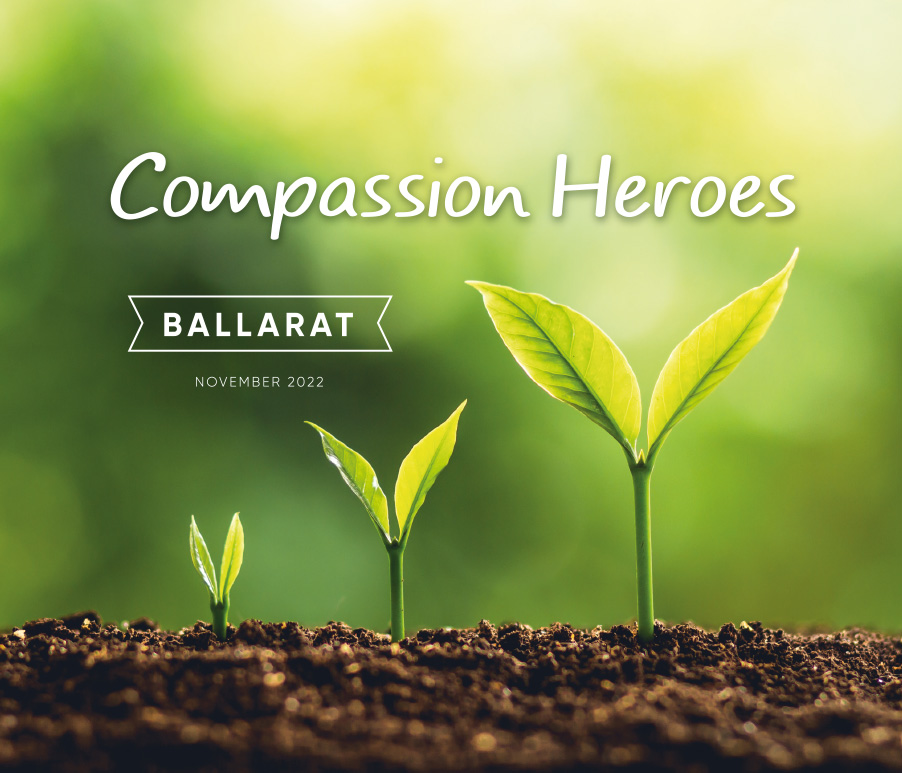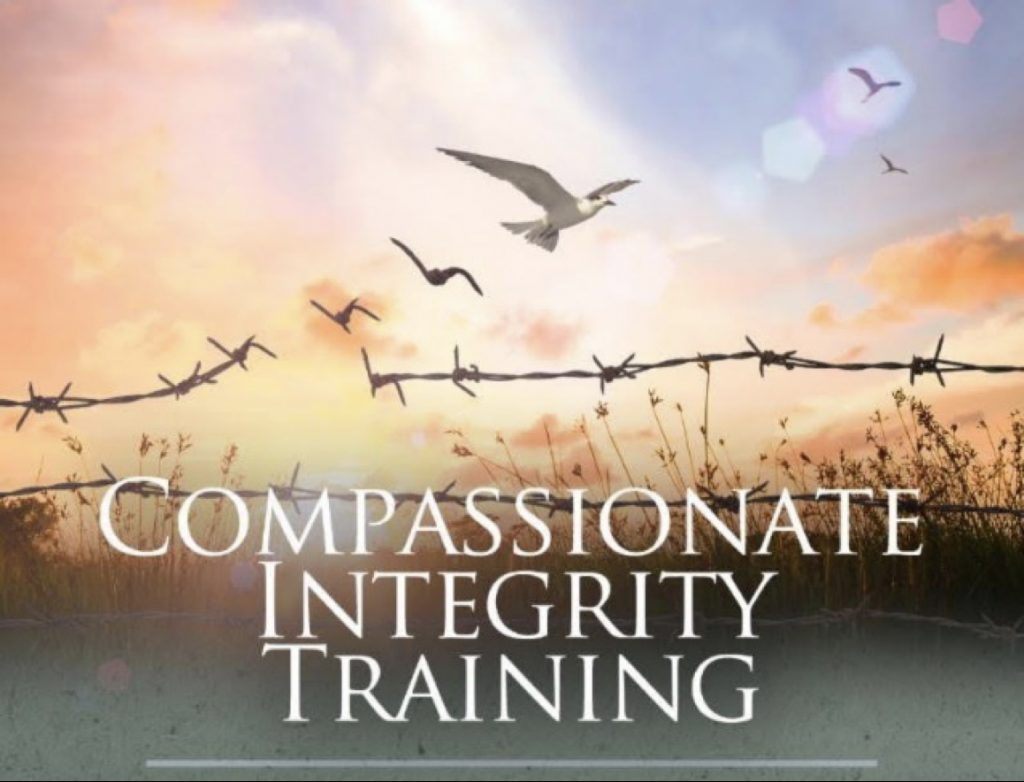
The 2022 Compassion Heroes book has just been released, and in releasing this book Compassionate Ballarat noted that – In our unsettled world we need compassion heroes to generate social change, and the stories in this book have been collected to inspire and encourage people of all ages and backgrounds to be wise and effective heroes by taking everyday actions that contribute to the social good. We are confident that the harms in our society can be countered and eventually overcome by the greater good in the collective hearts and the personal heroic resolve of all of us, in particular of our future leaders, as the participating students will surely become.


CIT is a resiliency-informed program that cultivates human values as skills, so we can thrive as individuals, and a society, within a healthy environment. By learning skills to calm our bodies and mind, becoming more emotionally aware, learning to practice compassion for ourselves and others, as well as engaging with compassion in complex systems, we can build towards compassionate integrity: the ability to live one’s life in accordance with one’s values with a recognition of common humanity, our basic orientation to kindness and reciprocity. It is based on cutting-edge developments in the fields of neuroscience, psychology, trauma-informed care, peace and conflict studies, and contemplative science. CIT focuses on three domains: beginning with a focus on the self (Self-cultivation), then move to others (Relating to Others), and finally to a systems-perspective, meaning the larger networks in which we exist. Additionally, each module in CIT is intended to allow participants to progress through three levels of understanding: received knowledge, critical insight, and embodied understanding. In CIT, it is important that knowledge not remain at an intellectual level; to be effective, it must lead to realizations and lasting changes in behavior. Knowledge becomes transformative when it moves from head to heart to hand. Therefore, each session has both content and practice learning objectives.
For more information about the program offered by local facilitators, please contact Gwen Pinnington 0439 344 799.


Empowered by a generous philanthropic grant from Martin and Loreto Hosking through the Three Springs Foundation, Monash has also established the Monash Centre for Consciousness and Contemplative Studies – the first of its kind in the world.
Led by Centre Director and Research lead, Professor Jakob Hohwy and Education lead, Professor Craig Hassed, the Centre serves as a regional and global leader in consciousness research and contemplative studies, bringing together experts in philosophy, neuroscience, medicine, education and interfaith dialogue. Guided by research, education and community engagement, the Centre focuses on common humanity while positively impacting student wellbeing through the development of core curriculum subjects.